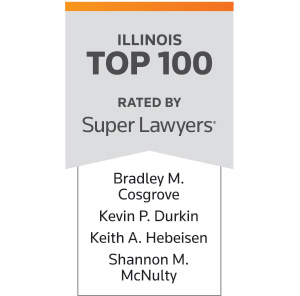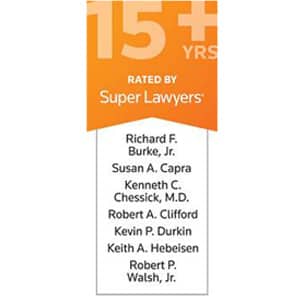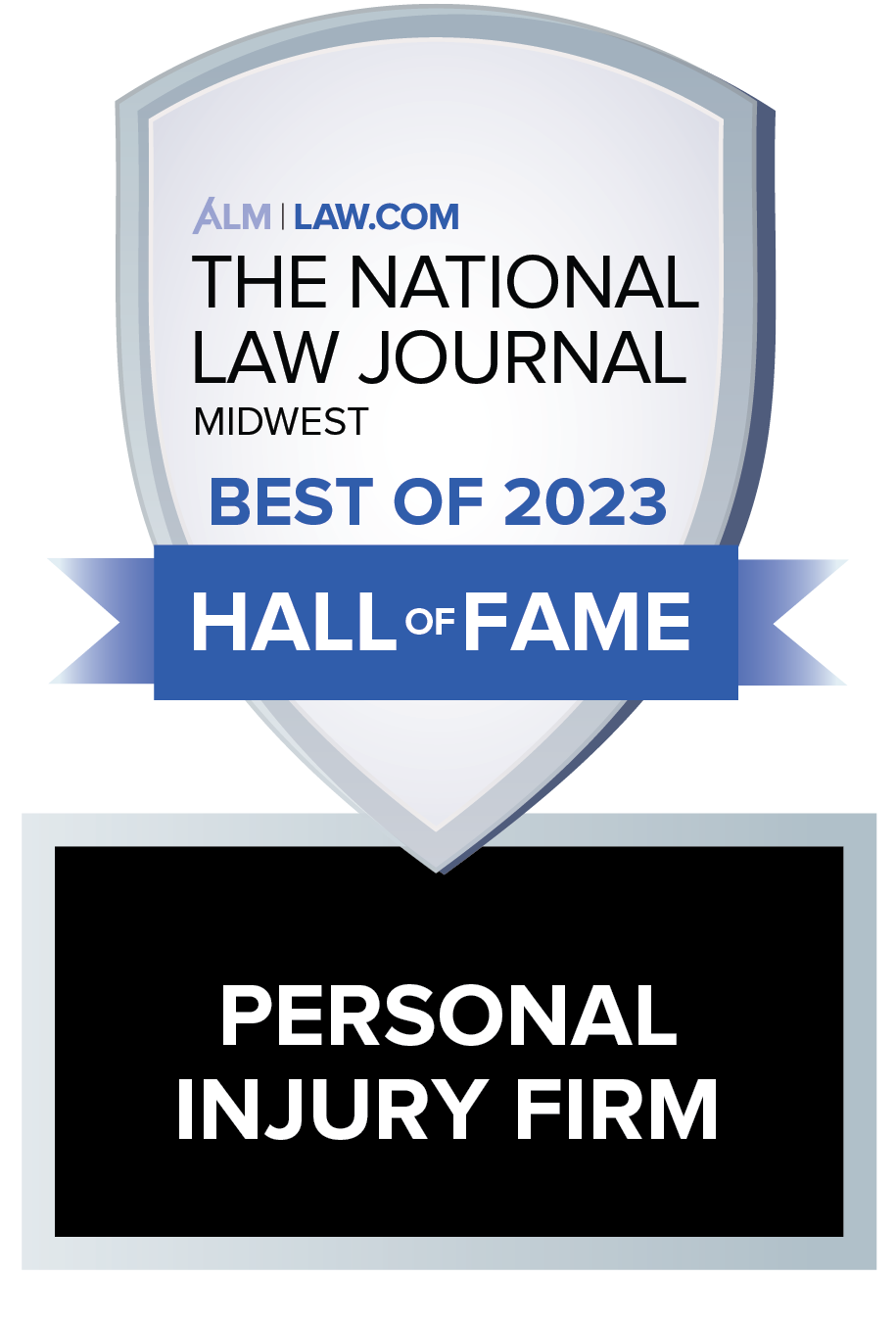Cars and trucks serve as the central mode of transportation for the majority of Americans. Product liability claims associated with automobiles because of defective car parts or a motor vehicle defect are a cause for grave concern because of the public’s commonplace reliance on cars and trucks.
The U.S. Department of Transportation Federal Highway Administration has determined that in 2021, the number of registered private passenger vehicles was 101,577,595. According to the U.S. Bureau of Transportation Statistics, in 2021, the United States had 232,781,797 licensed drivers.
Motor vehicle defects or auto product defects in a system with so many cars and trucks are not only a danger to the driver of the defective automobile, but also a danger to motorists and pedestrians nearby. Families trust and rely on their vehicles to safely move them through their daily lives.
Despite these dangers, auto defects still commonly occur. With the roads full of vehicles and manufacturers selling hundreds of thousands of the same model, the existence of a defective motor vehicle or a defective motor vehicle component can and does have catastrophic and widespread consequences. Defective vehicles and vehicle components can be the result of the design or manufacture of the product. Some vehicle defects can cause injury, increase the severity of injuries or even cause death of drivers, passengers or those nearby.
Manufacturing Mistakes
The complexity of automobile and motor vehicle manufacturing requires an in-depth knowledge of auto defect litigation. Past motor vehicle defects, like the gas tank defect that led to the 1978 recall of 1.5 million Ford Pintos, are often left to lawyers to uncover. Victims may be unaware that a defective automobile or defective part of the vehicle contributed to causing a tragic accident. Many times, it is lawyers who see a pattern of injuries through a product’s defect, and litigation forces manufacturers to answer difficult questions. Today’s auto defects require a sophisticated understanding of motor vehicle design beyond mechanical functions. For instance, current auto models contain many software-based systems that function alone or in tandem with mechanical components. This complex interaction, which could play a role in a defective automobile or defective auto component, requires experienced attorneys who have the resources to determine the source of the defect. Below are some examples of the type of defects in vehicles that automobile accident attorneys at Clifford Law Offices have handled:
- Airbag Failure: was there a problem with the airbag deployment?
- Rollover Accident: did the vehicle roll over? How well did the vehicle hold up under predictable circumstances?
- Seat Back Failure: did the seat collapse?
- Door Latch/Lift Gate Failure: did the doors or lift gate open during an accident?
- Defective Fuel System/Gasoline Fire: did a fire start because of the accident?
- Defective Accelerators/Acceleration Problems: did the vehicle accelerate unexpectedly?
- Defective Brakes: did the brakes not operate properly?
- Defective Tires: did the tires blow out or separate?
- Seat Belt Failure: did the seat belt fail?
- Roof Crush: did the roof collapse?
- Defective Software Problems: did the computerized system in the vehicle fail?
Clifford Law Offices has Experienced Automobile Defect Attorneys
Richard F. Burke, Jr. & Shannon M. McNulty – Confidential Settlement: Father of two killed after sliding door to minivan improperly opens during accident involving rollover of the vehicle.
Richard F. Burke, Jr. – Confidential Amount: Husband and father of three children killed in Mitsubishi SUV rollover.
Richard F. Burke, Jr. & Shannon M. McNulty – Confidential Amount: 49-year-old mother permanently paralyzed while seat belted in a reclined passenger seat in a van that was involved in a motor vehicle accident; vehicle manufacturer failed to adequately provide warnings of inadequate protection while seat is in that position.
Richard F. Burke, Jr. – $380,000 Settlement: 33-year-old passenger on new custom motorcycle is thrown from vehicle and sustains fractured skull when front wheel locks up because of manufacturer’s improper lubrication of wheel bearing.
































